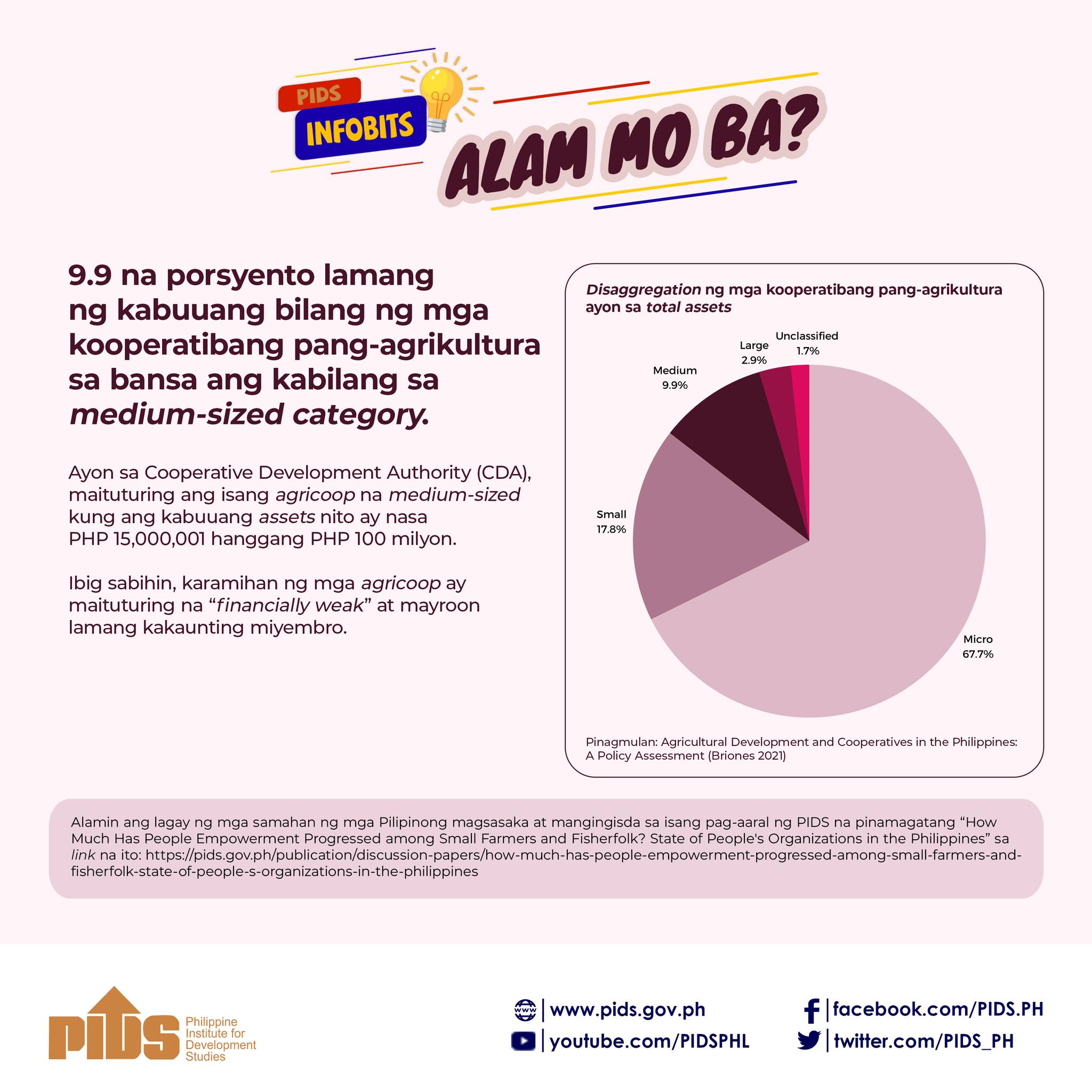STUDENTS and teachers lack familiarity with their chosen medium of instruction used in schools under the Mother Tongue-Based Multilingual Education (MTB-MLE) program, according to the Philippine Institute for Development Studies (PIDS).
In a process evaluation, a team of researchers led by PIDS consultant Jennifer Monje said parents also require full understanding of the need to use mother tongue in school, when this is not the language used to land a job.
“Recognizing there are more than 19 languages nationwide, schools have been encouraged to determine feasible ways to localize the policy in their areas,” the researchers said. “Since it was hard to determine different pathways for localization, divisions and schools were essentially left on their own to pursue such efforts.”
The researchers noted that in some cases, such as in Region 5, the Bicolano dialect spoken in Naga is different from those in other parts of the area.
This is the same concern when it comes to Cebuano and Ilocano: The dialect spoken in Cebu is different from the one in Cagayan de Oro City, while Ilocano in the Ilocos provinces varies from what is in Baguio City in Benguet.
Due to the variations in the manner of implementation of the program, the findings showed that less than 10 percent of schools have done the four activities needed to implement the program well.
“This has spawned a lot of conceptual and operational issues—including resentment, teaching capability issues, and parents complaining that their children are being taught the archaic version of their own language when confronted with its more formal written version,” the research stated.
Apart from this, the study stated that there is a “lack of understanding and wrong appreciation” of the objective of the MTB-MLE. The researchers noted that the “starting where the children are” and “learner-centered” education rationales come into conflict with the practical objectives.
Some comments that the researchers obtained were: “Waray na nga sa loob ng bahay, Waray pa rin sa school. [Waray is used at home, Waray will still be used in school.] Or, “Hindi naman Waray ang gagamitin during job interviews. [Waray will not be used during job interviews].”
“These misconceptions engendered resistance among parents and teachers, and undermined the successful implementation of MTB-MLE,” the research stated.
To address these concerns, the researchers recommended stepping up the information dissemination of researches that highlight the efficacy of the mother tongue in educating children.
They also encouraged knowledge generation of the way children learn various languages at once, such as simultaneous bilingualism to inform or refine program theory and delivery of service.
The authors also recommended that studies be conducted on the effects of exposure to various languages on education outcomes, as well as the impact of social media on language acquisition—including learning and identifying ways to harness these technological affordances.
The study also provided a number of other capacity-building, advocacy work, linguistic landscape and program-organization recommendations.
PIDS researchers point out medium of instruction-mother tongue mismatch












